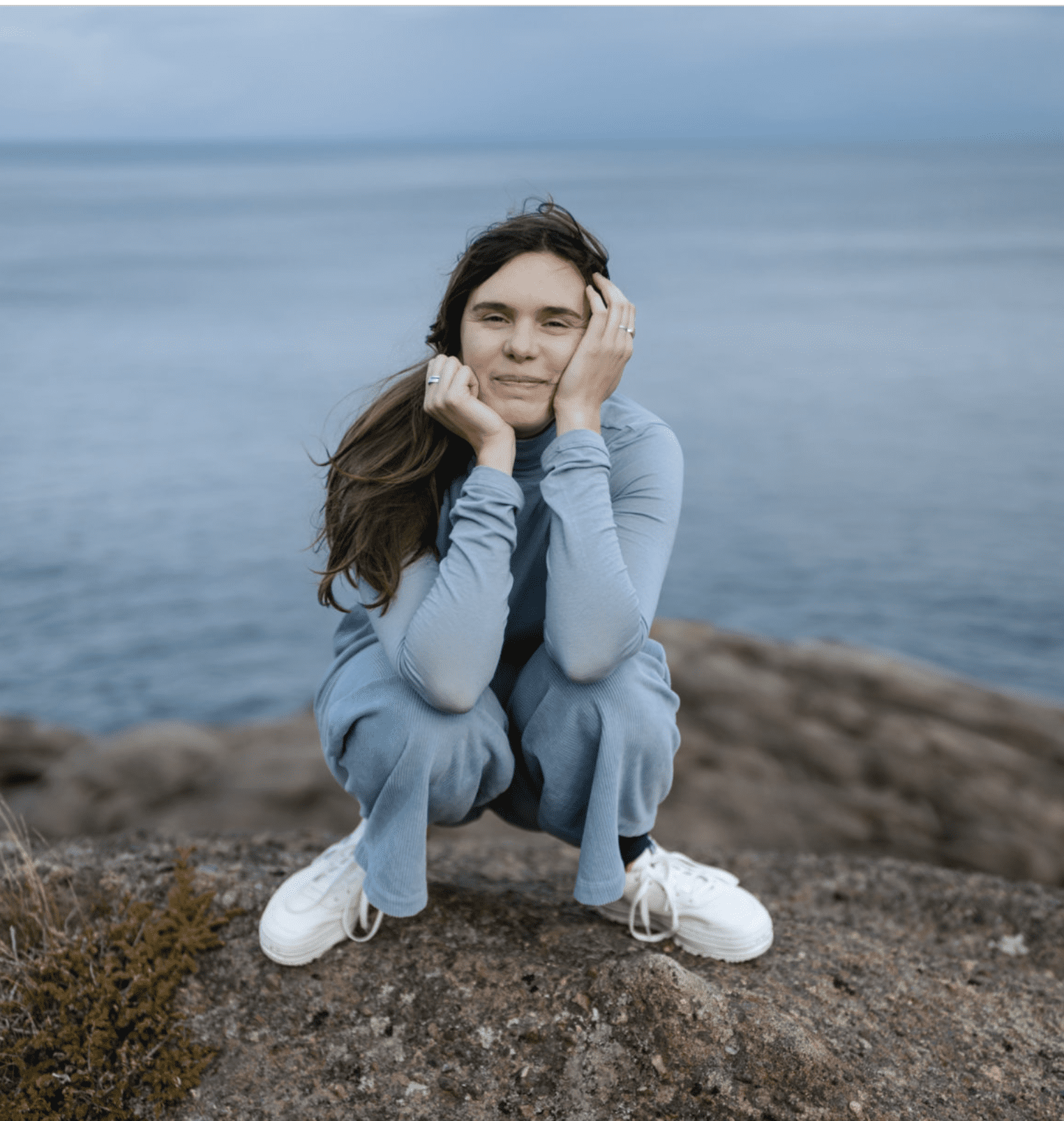Nico Paulo, LP
Reviewed by Craig Francis Power
I’ve listened to very few albums recorded in the last thirty years, so asking me to write a music review is a bit like asking your shut-in, Luddite grandpappy for his thoughts on Baldur’s Gate 3, but nevertheless here we are. And nevertheless, here we are—you and me and Nico Paulo—driving toward the sea together. The herons are home to roost, and the cherry trees are blossoming. It’s warm, you can smell the salt air, and spring has finally come—things will be different this time around, I can feel it.
From the very first notes of the very first track of Paulo’s self-titled album—a wordless lullaby in which the melody ascends and then descends, looped and overlaid upon itself—we can feel ourselves being lowered softly into the most melancholic and placid of dreams.
How Paulo’s voice, and furthermore this entire folk-pop record, can sound so sad and so hopeful, so wistful and plaintive, and yet so sure of itself and alluring is a secret perhaps only the Sirens can tell, but to paraphrase Margaret Atwood in regards to poetry, the tricks are as old as antiquity, but they work every time just the same.

It’s about love—in all its myriad forms. The dreamworld and the world, we’ve all more-or-less agreed, forms this thing we call reality. It’s about the fleeting nature of time, and how, yet, it can freeze in one flash-bulb moment. It’s about holding onto some things, and letting other things go. Who we seem to be when something defining and foundational is gone. And nowhere on the album are Paulo’s concerns, both acoustic and thematic, nor her influences—cultural and musical—more pronounced than on “Lovers In The Street,” a shuffling folk reverie in which she sings: Gently close your eyes/Let time crystallize/Oh, I have you now.
There’s Carole King in here, and the jazz-tinged folk-pop of Andy Shauf, and also—to this listener, at least—the wet-reverb netherworld of Richard Hawley’s “The Ocean.” It’s an eclectic mix, and one can’t be quite sure—here and elsewhere on the album, not to mention: in life—of what’s coming from one moment to the next. For, as the song seems to swell toward its crescendo, the wet-reverb jangle of the guitar is spiked suddenly with a cacophony of what sounds like brass and woodwind horns, spiralling as Paulo’s voice soars, cutting through the bombast. Has the ground fallen away beneath us? Or are we rising at the peak of some enormous wave?
Craig Francis Power (he/him) is a writer and visual artist from St. John’s, NL (Ktaqmkuk). Some time ago he was the “singer” and “keyboardist” for legendary/despised synth-punk-dance trio, Cafeteria.
